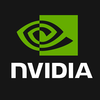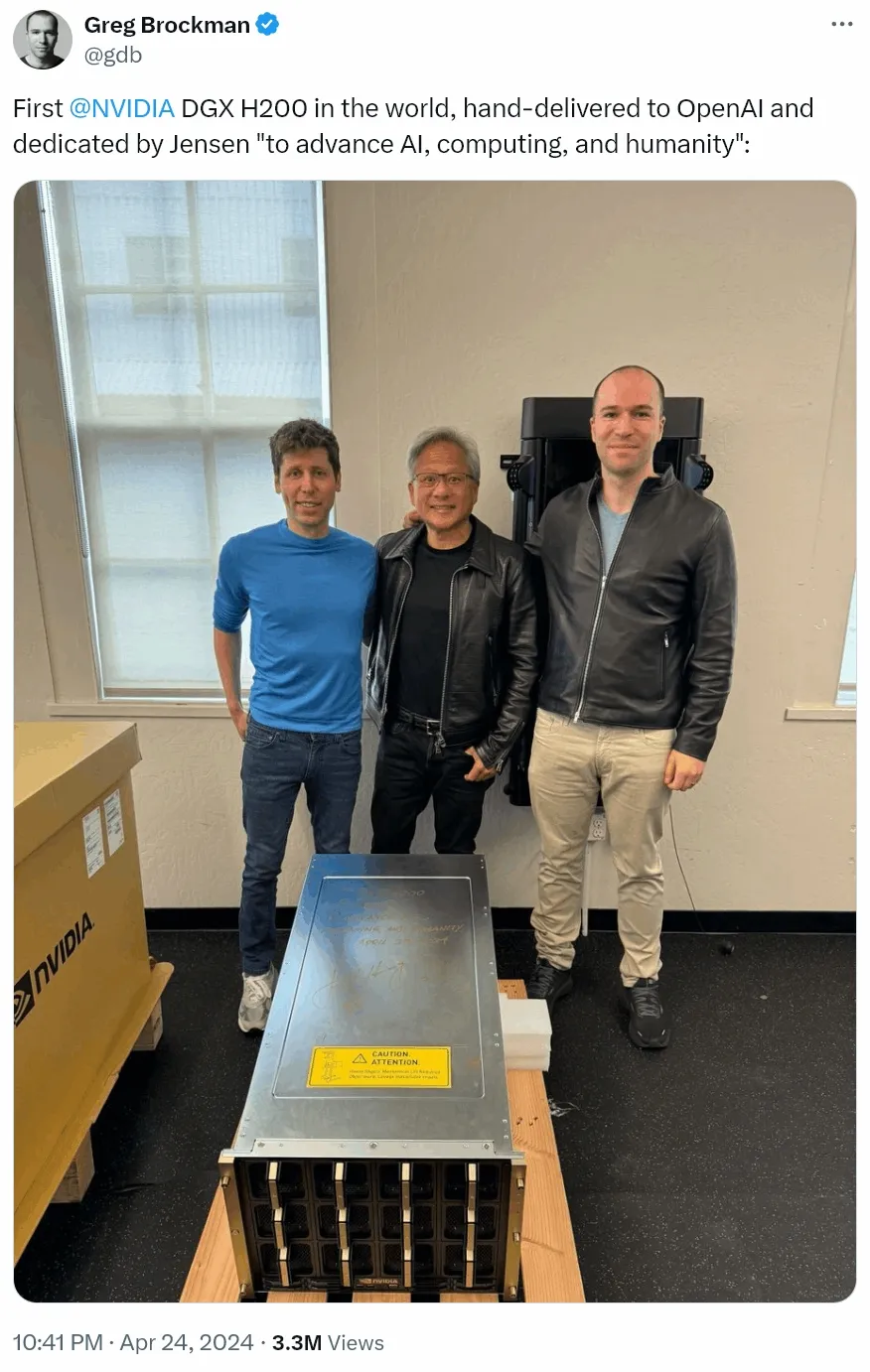During the handover, Huang also signed the supercomputer, echoing a similar event from 2016 when he delivered the first DGX-1 server to then OpenAI co-founder Elon Musk. These deliveries are not only symbolic but also represent pivotal moments in the acceleration of AI research facilitated by advanced computational resources. At the time, the delivery of the DGX-1 was celebrated as a significant contribution to OpenAI's research capabilities. The relationship between Nvidia and OpenAI, as evidenced by this recent collaboration, remains strong. Nvidia positions the DGX H200 as a pivotal tool for advancing AI by supercharging AI workloads with unprecedented processing power and speed. This collaboration is part of a broader industry trend where leading technology firms are increasingly partnering with specialized AI organizations to push the boundaries of what's possible with AI.
This partnership exemplifies how critical advanced computing hardware is to the development of cutting-edge AI applications, affecting fields ranging from natural language processing to complex data analysis. The ongoing support from Nvidia in terms of providing state-of-the-art hardware is likely to continue playing a crucial role in OpenAI’s research and development initiatives, potentially leading to more sophisticated AI solutions that could have broad implications for various sectors including healthcare, finance, and autonomous systems.


